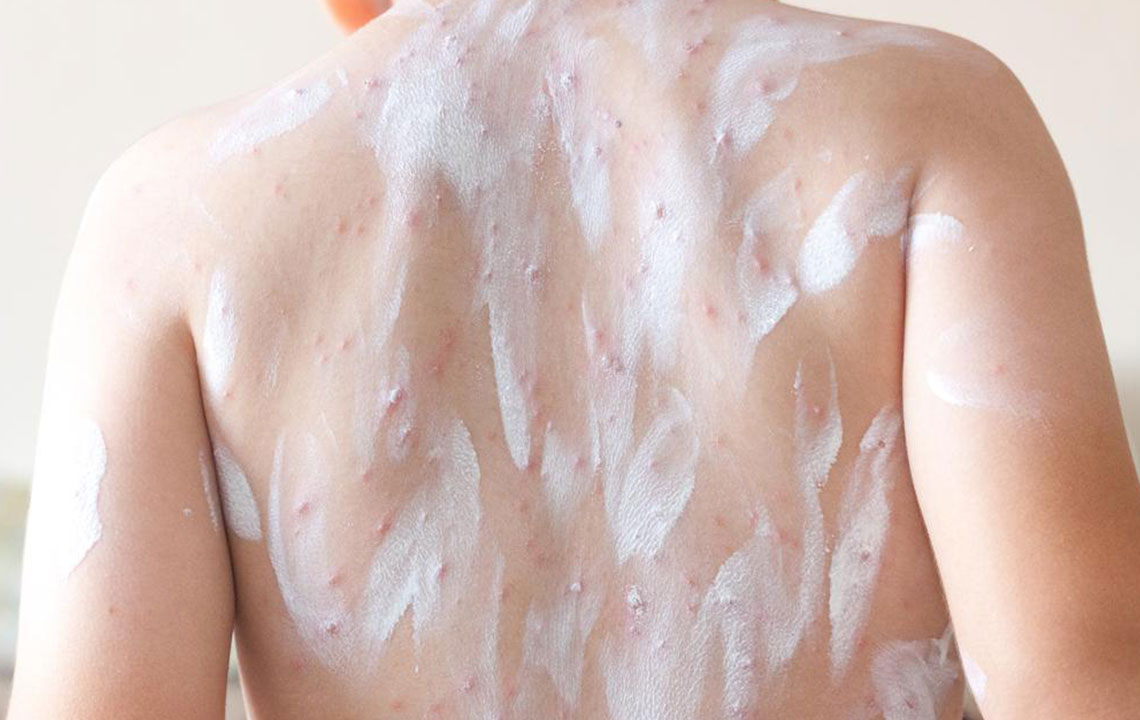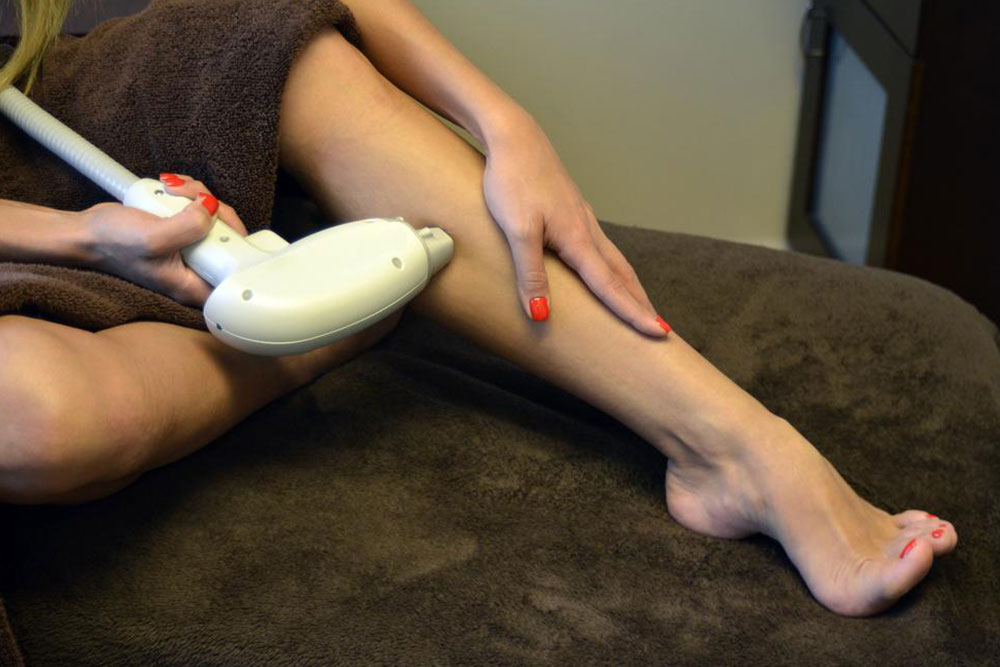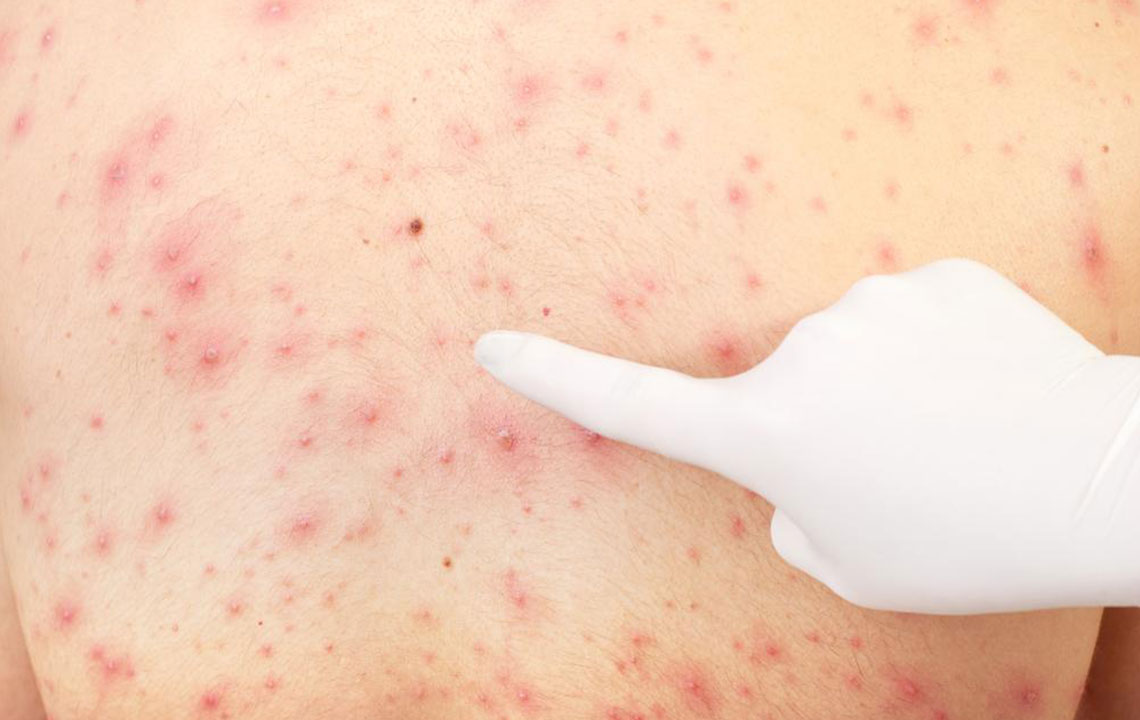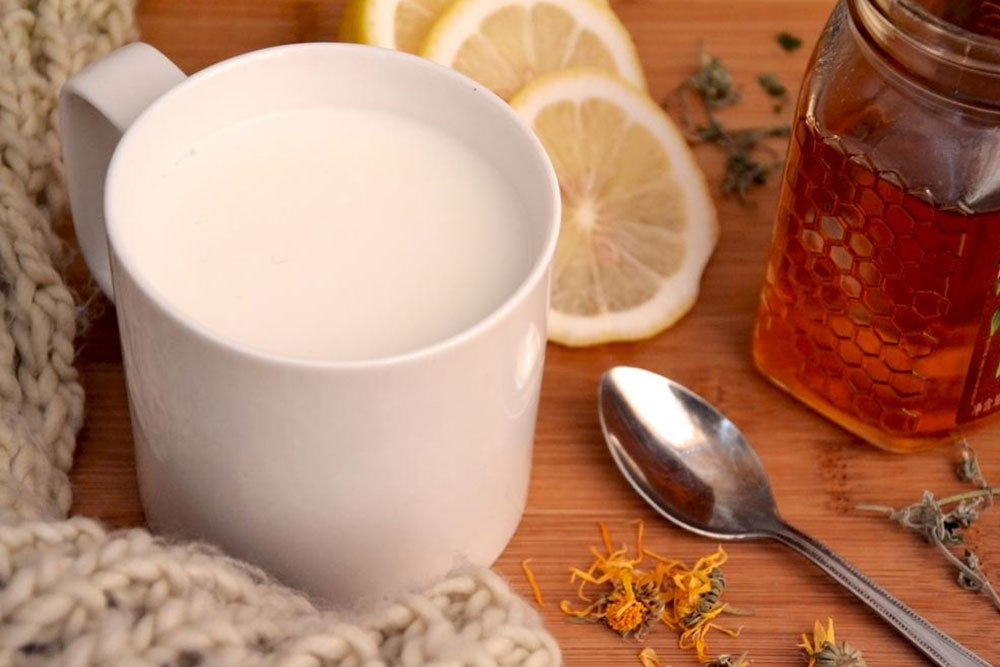Effective Natural Strategies to Manage Persistent Urticaria
Discover natural and effective methods to manage persistent urticaria. From choosing loose clothing and moisturizing properly to using oatmeal remedies and managing stress, these home strategies can help soothe itchy, inflamed skin and reduce flare-ups. Incorporate lifestyle changes such as cold compresses and regular bedding maintenance to improve comfort. Always consult a healthcare provider for personalized advice and treatment options for chronic hives.

Natural Approaches for Sustainable Relief from Chronic Urticaria
Chronic urticaria, commonly known as persistent hives, is characterized by itchy, raised skin lesions that last longer than six weeks, often recurring over months or years. Although the exact cause remains unclear, some natural remedies can help manage symptoms and improve comfort. Implementing simple lifestyle changes and home treatments can provide relief and prevent flare-ups.
1. Choose Loose, Breathable Clothing
Wearing tight garments can exacerbate urticaria symptoms by restricting blood flow and trapping heat. Opting for loose, breathable clothing minimizes pressure on sensitive skin, reducing itching and swelling during flare-ups.
2. Apply Organic, Fragrance-Free Moisturizers
To prevent skin dryness and irritation, choose gentle, natural moisturizers free from chemicals and fragrances. Keeping the skin well-hydrated helps reduce the likelihood of flare-ups and maintains skin barrier integrity.
3. Use Oatmeal-Based Skincare
Oatmeal contains anti-inflammatory compounds that soothe irritated skin. Gently applying oatmeal paste or taking lukewarm baths with oatmeal can help calm inflammation and diminish itching caused by urticaria.
4. Identify and Avoid Food Triggers
Certain foods may trigger or worsen urticaria symptoms. Since triggers vary among individuals, consulting a healthcare professional can help identify specific allergens. Limiting or avoiding these foods can aid in managing flare-ups.
5. Take Cold Showers or Use Cool Compresses
Cooling the skin with cold showers or compresses reduces inflammation and constricts blood vessels, which can alleviate itching and swelling. Applying ice packs wrapped in cloth for short periods provides effective relief during flare-ups.
6. Maintain Clean Bedding
Using soft, cotton bedding minimizes skin irritation. Regularly changing sheets prevents contact with rough fabrics that can trigger dryness and itching, supporting comfort for sensitive skin.
7. Practice Stress Management
Stress can intensify urticaria symptoms by promoting inflammation. Techniques such as meditation, yoga, and mindfulness help regulate stress levels, potentially reducing flare-ups.
8. Keep Skin Cool and Hydrated
Staying hydrated internally by drinking plenty of water, along with external cooling measures, can prevent vessel dilation that causes flare-ups. Regular hydration and cool baths help soothe inflamed skin.










